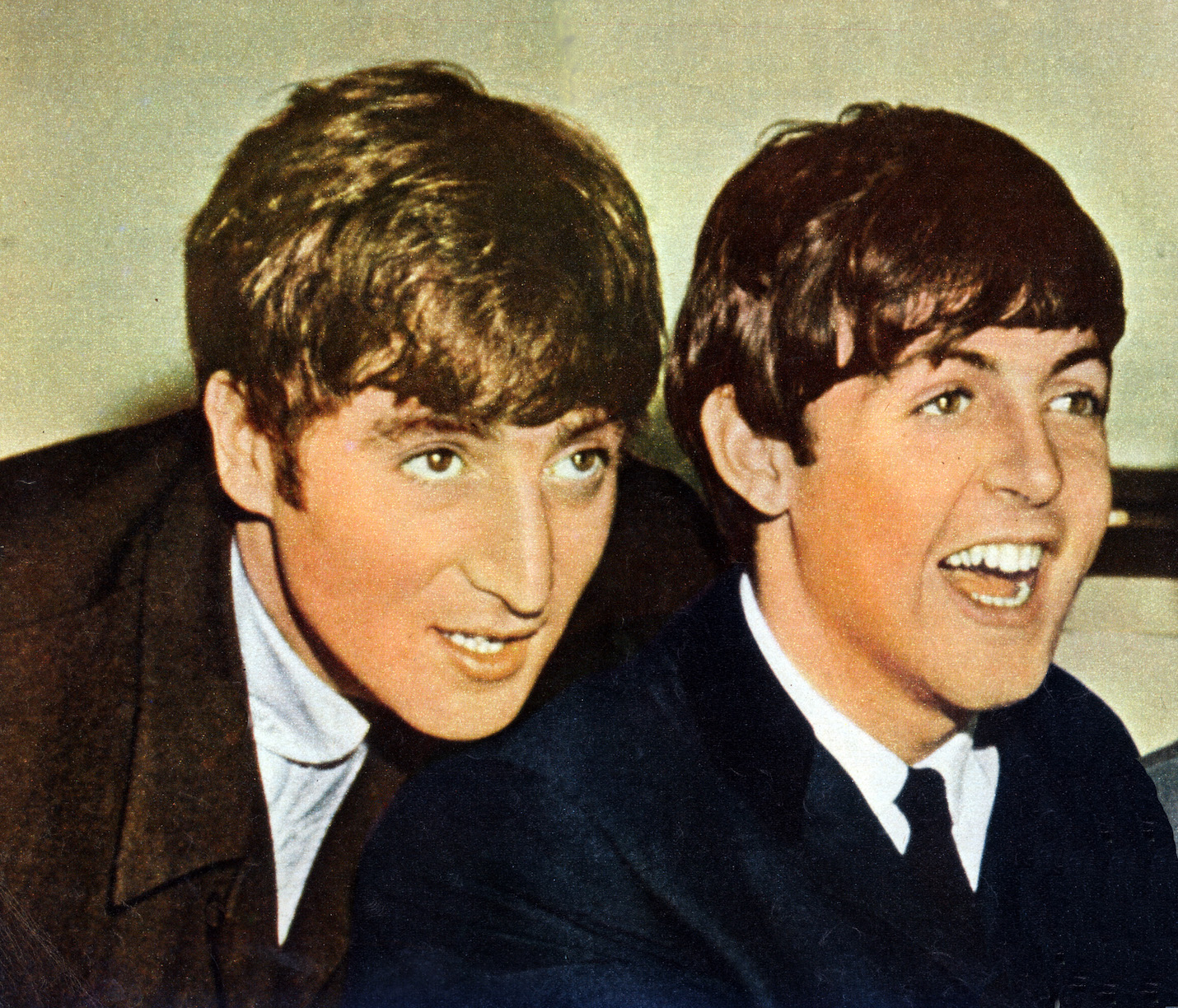The Beatles encapsulate the power of songwriting. Regardless of what period in their career they were going through and the style they were embodying, irrespective of how abstract their lyrics were and what the writing process was like, humanity remained at the centre of everything they created.
That humanity which is embedded so deep inside the Beatles’ discography is what makes them so relatable and their songs so timeless. It doesn’t matter what happens in the world; emotions such as love and sadness, the building blocks of empathy, remain, and no one can bring them to the surface of music quite like The Beatles.
Of course, while all members contributed towards the band, the songwriting partnership of John Lennon and Paul McCartney was the driving force behind their success. Given how much the duo accomplished together, it’s a shame that their relationship ended on such sour terms. As their partnership began to crumble and they both valued different things creatively, it was only a matter of time before the band split.
Afterwards, the bond between Lennon and McCartney was broken, and despite being treated and plastered, it never healed fully. They would talk sporadically and play music together, but one day, when McCartney turned up at Lennon’s house, Lennon turned him away.
“That was a period when Paul just kept turning up at our door with a guitar,” he said, “I would let him in, but finally I said to him, ‘Please call before you come over. It’s not 1956, and turning up at the door isn’t the same anymore. You know, just give me a ring.’ He was upset by that, but I didn’t mean it badly. I just meant that I was taking care of a baby all day, and some guy turns up at the door.”
The two wouldn’t see each other again, but keen on not falling out completely, would speak on the phone. Their conversations veered away from music as they picked up other hobbies, such as bread making and would talk about that instead. The last time they spoke was about two months before Lennon was shot, and he ended the conversation with, “Think about me every now and then, my old friend.”
A couple of hours after John Lennon was killed, McCartney was bombarded by the press who wanted to get his comments on the matter. McCartney was, as many thought, cold in his response, describing the news as “shocking” but with little to no emotion on his face. His apathy was misconstrued as an indifference to the news, but it was quite the opposite, as McCartney was in shock. The world could barely process the news, so imagine how one of his best friends must have felt.
Later on, still never fully coming to terms with the passing of Lennon, McCartney went back to work on his album Tug of War. The LP had features from several musicians, such as familiar faces George Martin and Ringo Starr, plus one of the Beatle’s favourite guitarists, Carl Perkins. Perkins was always a massive inspiration to the Beatles, as they covered his songs more than any other artists, so it is no surprise that when given the chance to work with Perkins, McCartney was quick to the buzzer.
The song they created together was ‘Get It,’ which was recorded over a few days when Perkins stayed at McCartney’s house. To say thanks for their hospitality, Perkins played Linda and Paul an extract from a track he was working on, saying that the lyrics had come to him during the night.
The final phase of the song went, “If we never meet again this side of life / in a little while over yonder / where it’s peace and quiet / my old friend / won’t you think about me every now and then…”
With that, McCartney burst into tears. Perkins, confused, stopped playing, assuming that something had happened or that McCartney didn’t like the song. Instead, Linda put her arm around her husband and thanked Perkins, saying that the track had allowed him to finally connect with his grief.
The words “now and then” have stayed with McCartney ever since, given it was the title of The Beatle’s last-ever track featuring AI-generated vocals from John Lennon. It seems fitting that McCartney, someone whose words connected with so many, had one of his favourite musicians do the same for him. In encapsulating Lennon’s final words to his friend, Perkins allowed McCartney to fully assess his grief and begin processing the loss of someone who meant so much to him. How serendipitous that one of the world’s greatest songwriters, during one of his most troubling times, was offered a helping hand by the craft he loved and the person who helped him fall in love with it.



